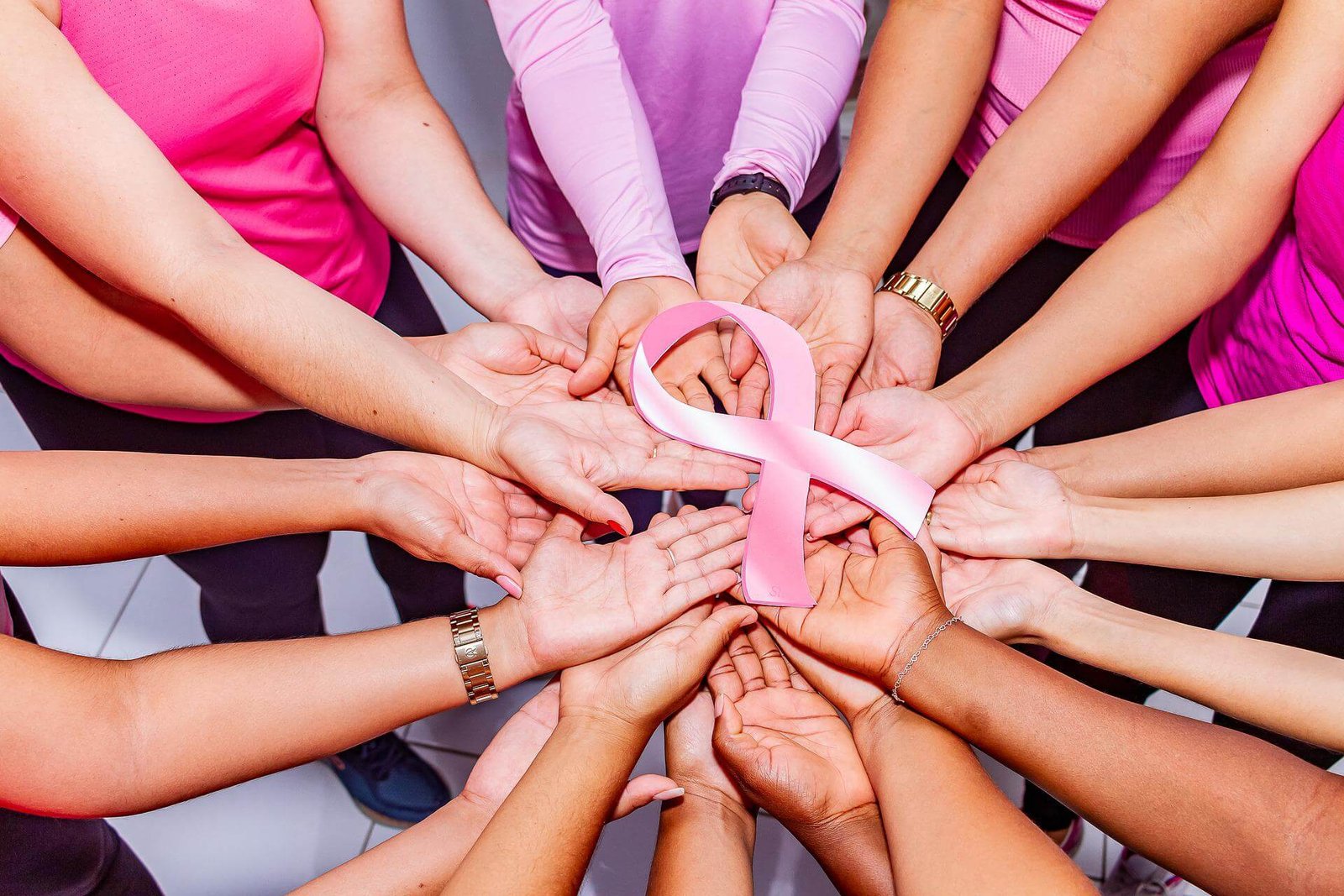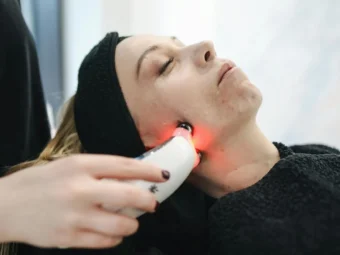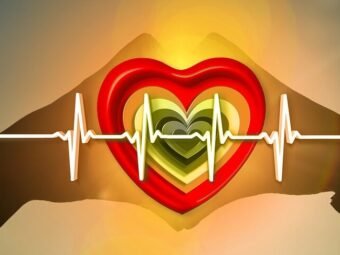
Risk Factors for Breast Cancer That You Need to Know About
One in eight women will be diagnosed with breast cancer in their lifetime. While the risk of developing breast cancer increases as a woman gets older, it is important to be aware of other risk factors that can increase your chances of being diagnosed with this disease. In this blog post, we will discuss the most common risk factors for breast cancer. We will also provide tips on how to reduce your risk of developing the disease. So, let’s get started!
Table of Contents
The Age
The most common risk factor for breast cancer is age. The older a woman gets, the greater her chances of being diagnosed with breast cancer. In fact, two-thirds of all breast cancer cases occur in women over the age of 60. If you are a woman over the age of 60, it is important to get regular mammograms and breast exams. This way you can avoid having breast cancer surgery and/or treatment. Also, if you are a post-menopausal woman, you may want to consider taking hormone replacement therapy. This can help to reduce your risk of developing breast cancer.
Hormone Replacement Therapy
Another common risk factor for breast cancer is hormone replacement therapy (HRT). HRT is a treatment that is used to replace the hormones that are lost during menopause. While HRT can help to reduce the symptoms of menopause, it can also increase a woman’s risk of developing breast cancer. If you are considering HRT, it is important to talk to your doctor about the risks and benefits of this treatment.
Family History
You may be more likely to develop the disease if you have a family history of breast cancer. If your mother, sister, or daughter has been diagnosed with breast cancer, you should talk to your doctor about getting genetic testing. This way you can find out if you are at an increased risk of developing the disease.
Obesity

Obesity is another common risk factor for breast cancer. Women who are obese have an increased risk of developing the disease. For example, a woman who is obese has a greater chance of developing breast cancer than a woman who is of normal weight because obesity can increase the levels of estrogen in the body. If you are obese, it is important to talk to your doctor about ways to lose weight. You may also want to consider getting a mammogram and/or breast exam on a regular basis.
Personal History of Breast Cancer
If you have been diagnosed with breast cancer in the past, you are at an increased risk of developing the disease again. This is especially true if you were diagnosed at a young age. This is why it’s so important to get regular check-ups and mammograms, even if you’ve been given the all-clear in the past.
Radiation to Chest or Face Before 30
If you’ve had radiation therapy to your chest or face before the age of 30, you have an increased risk of developing breast cancer. This is because radiation can damage the DNA of cells, which can lead to the development of cancerous tumors. If you’ve had radiation therapy in the past, it’s important to talk to your doctor about your risk factors.
Certain Breast Changes
If you have certain changes in your breasts, such as a lump or thickening, you may be at an increased risk of developing breast cancer. These changes can often be detected by a self-exam or mammogram. If you notice any changes in your breasts, it’s important to see a doctor right away so that they can determine if you are at risk.
Ethnicity
Certain ethnicities are at an increased risk of developing breast cancer. Women of Ashkenazi Jewish descent have a higher risk, as do African American women and Hispanic women. This happens due to a combination of genetic and lifestyle factors. For example, African American women are more likely to be overweight, which is a risk factor for developing breast cancer. If you are of one of these ethnicities, it’s important to be aware of your risks and to get regular check-ups.
Breastfeeding History
Women who have never breastfed are at an increased risk of developing breast cancer. This is because breastfeeding can help to lower levels of hormones in the body that can lead to the development of cancerous tumors. According to a recent study, women who breastfed for six months or more had a lower risk of developing breast cancer. Also, the longer you breastfeed, the lower your risk. So if you’re able to breastfeed, it may help to lower your risk of developing breast cancer.
Menstrual History
If you started menstruating at a young age or if you went through menopause at a late age, you may be at an increased risk of developing breast cancer. This is because these changes in your menstrual cycle can increase levels of hormones in your body that can lead to the development of cancerous tumors. Additionally, if you have never used birth control or if you had your first child at a late age, you may also be at an increased risk.
Smoking and/or Drinking Alcohol
Smoking and drinking alcohol are both risk factors for developing breast cancer. This is because they can damage the DNA of cells, which can lead to the development of cancerous tumors. It can also affect the way the body breaks down and gets rid of hormones.
Dense Breasts
If you have dense breasts, you may be at an increased risk of developing breast cancer. This is because dense breasts have more connective tissue and less fatty tissue. This can make it difficult to detect tumors on a mammogram.
There are many risk factors for breast cancer, but these are some of the most important ones to be aware of. If you have any of these risk factors, it’s important to talk to your doctor about your risks and to get regular check-ups. Early detection is key to treatment and survival, so don’t hesitate to see a doctor if you have any concerns.
We hope this article was helpful. Thanks for reading.
Last Updated on October 10, 2022













